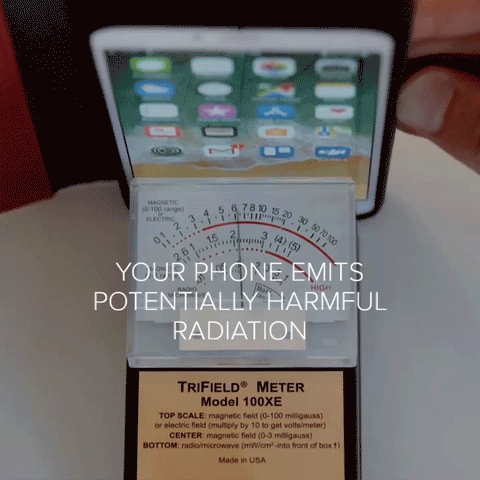Releasing Suppressed Emotions

shared great information about how to express intense emotions in a healthy way. Below we summarize what we learned.
Original source article can be viewed here >
Your emotions will impact how you decide to behave and they can end up controlling you and impacting your relationships if you don’t learn how to regulate them and express them in healthy ways. You can start doing this by:
- Embracing and accepting the fact that you feel a certain way.
Don’t suppress your emotions or feel guilty for them. Recognize that these emotions will pass. They don’t have to define you! - Asking yourself questions in the moment, such as “What am I feeling? Where does this emotion come from?”.
When the thought is recalled, the informational memory (what happened, or the facts), emotions (feelings), and physical sensations (flu-like symptoms, sore stomach, and so on) come flooding back. What is all this data telling you about yourself, or about what is going on in your life? - When you can grasp your own emotions and their root(s), you can understand more fully what you are trying to communicate or express to the other people in your life. Indeed, we are often so confused about our emotions and may not be able to put a name on what we are feeling. Sometimes, we may even need to speak to someone we trust or a mental health professional to begin to understand how we feel and why. But the key is asking ourselves these kinds of questions and trying to grasp a way of conceptualizing our feelings before just unloading them onto the people in our lives.
- Remembering your body language. What we think and feel in our minds is often communicated in what we say AND our body language. In fact, it is estimated that non-verbal communication accounts for around 50% of our communication as humans. This means that expressing emotions doesn’t just happen verbally—you also need to be aware of how your emotions affect your body language, such as avoiding eye contact, moving away from someone, crossing our arms, and so on, and how this can impact the people in your life.
- Working on the way you talk to yourself. One way to improve your emotional expression is to work on your positive self-talk. If we are constantly thinking in negative patterns and expressing how we feel with negative self -talk, the way we communicate our emotions to others can also have a negative impact on our relationships.
- Checking your state of mind before you share how you feel. One of the biggest ways to avoid impacting others in a negative way when expressing your emotions is to make sure you are in a good state of mind when you communicate how you feel. For example, if you haven’t slept the whole night and feel emotional, you might say things you don’t actually mean, and they will probably be pretty hurtful to the person you are communicating with, so it may be a good idea to rest before you open up to someone.
- This also means understanding your triggers! If you are in a space where you feel triggered, expressing your emotions can sometimes lead to more pain; you might be so triggered that your emotions come out in anger, sadness or aggression. Learn your triggers by paying attention to how different people and places affect your emotions. This can be done by keeping track of your emotions and the reasons why you feel the way you do in certain situations. (The Neurocycle is a great way to do this, as it only requires a few minutes a day to make emotional awareness a habit!)
- Having empathy and compassion and recognizing that everyone is struggling. Knowing that some of the feelings we have are felt by others as well can help us to share those feelings in a way that won’t trigger others. For example, you may be struggling with self-hate, and if you talk for ages about how you hate yourself to someone else, that may trigger their feelings of self-hate in a negative way. However, if you recognize that they too may be struggling with these feelings, then you may adjust how to communicate your emotions in a way that helps them feel like they can also share what they have been going through. Recognizing that all humans struggle will help you express how you feel in a productive way.
- Listening. One of best ways to have more compassion and empathy is by listening to other people. Taking time to listen to and try to help others can completely transform the way you feel and express your emotions. First, you won’t feel so alone in your struggles. By listening more, you are bound to recognize some of the feelings you struggle with are also things other people in your life struggle with. You may also find that by helping others, you will feel better yourself. There is a lot of research out there that shows how when we help others, we also improve our own chances of healing.
- Practicing forgiveness. If you are angry at someone or even yourself, the way that you express your emotions can be clouded by that anger or pain. As a result, everything that you express or share may be a lot more negative, and most likely make your relationships worse.



